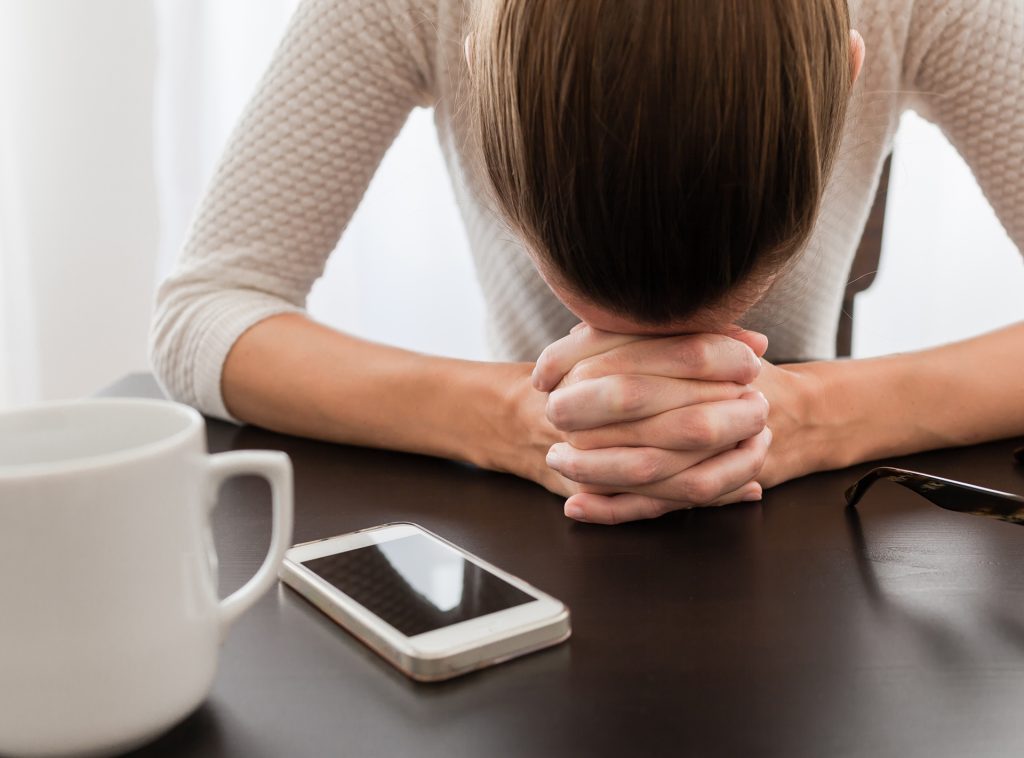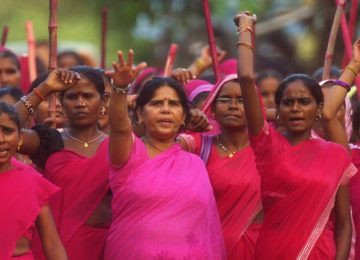Nowadays, information flies on the Internet, and with a single click you can literally end a person’s life in any personal, work, social, political field. Media is still the fourth power; some of the ones who have joined the social media wave, in their eagerness to attract followers, sometimes have no scruples to upload videos and just want to get the scoop.
This week I saw a Spanish series; it is called ‘Intimidad’. I will only tell you that it has a spectacular cast made up of powerful women. Their characters are of different ages and social classes, but their lives are intertwined somehow.
The main character is Malen Zubiri, played by Itziar Ituño (‘La casa de papel’). She is a lawyer, wife, mother and aspiring mayor of her city; she is a self-confident woman who has left her family aside to pursue her political career.
Everything was going great until a video where she was shown having sex with her lover was leaked on social media. Of course, it took her by surprise and this generated a conflict in her family and professional life. If you are curious, watch it, because it is great.
Legally, what are the consequences of leaking this type of videos in our country? Some people call it revenge videos and it happens when intimate photos or videos are published on social media after a relationship ends.
In Colombia, there are two articles regarding it. Law 1581 of 2012, Data Law in its article 5 talks about sensitive data: “Sensitive data. For the purposes of this law, sensitive data are understood as those that affect the privacy of the holder or whose improper use may generate discrimination, such as those that reveal racial or ethnic origin, political orientation, religious or philosophical convictions, membership in trade unions, social organizations, human rights or that promote the interests of any political party or that guarantee the rights and guarantees of opposition political parties, as well as data relating to health, sex life and biometric data”.
The Penal Code, in Article 220, states: “Whoever makes dishonorable imputations to another person, shall incur imprisonment from sixteen (16) to fifty-four (54) months and a fine of thirteen point thirty-three (13.33) to one thousand five hundred (1500) legal monthly minimum wages in force”.
The authorities recommend:
If the photos or videos were leaked on a social media app, the first thing one should do is to report the application (Twitter, Facebook, Instagram, etc.) and request for it to be taken down from said platform.
If the person responsible for uploading the content to the Internet refuses to take it down, they may be prosecuted with a criminal action that could end in penalties of 1 to 5 years in prison and a fine of 13 to 1,500 minimum monthly wages in force. Therefore, the advice of a criminal lawyer is recommended.
If the content disclosed is of minors, the penalties and sanctions will be more serious for those responsible because it would be typified in the crime of child pornography (Art. 218 of the Penal Code): “Whoever photographs, films, records, produces, discloses, offers, sells, buys, possesses, carries, stores, transmits or exhibits by any means, for personal use or exchange, real representations of sexual activity involving a person under 18 years of age, shall incur a prison term of 10 to 20 years and a fine of 150 to 1,500 legal minimum wages in force. The same penalty will be applied to whoever feeds Internet databases with child pornography, with or without profit. The penalty will be increased from one third to one half of it when the responsible is a member of the victim’s family”.
The prosecutor in charge of collecting the evidence will be in charge of contacting the digital platforms involved to ask them to remove the material that violates the privacy of the person.
In case the social platform involved does not want to take down the content, in a second instance, the affected person can go to the Superintendence of Industry and Commerce, in the section of Personal Data, who are the ones responsible for giving the order to Internet providers to block the content.
If the above does not work, file a remedy of protection.
Most of the time people do not denounce, because they think there is no way to do so. Whether they are adults or minors, they should go to the competent authorities: The National Police, The Sexual Crimes Unit of the Prosecutor’s Office, the Ministry of ICT. In the case of minors, they must be accompanied by their parents or guardians and a report must be made to the Colombian Institute of Family Welfare as the protective body in charge of minors.
The person appearing in those photos or videos that were uploaded without authorization is the victim. The person responsible was the one who went over the respect and privacy of another person without measuring the consequences.
The Internet is a world filled with advantages for humanity, but it has also violated many rights, such as intimacy, turning it into a product that can be sold, negotiated and shared without taking into account that the good name, the reputation and the moral of a person will be exposed and therefore affect their life. This may lead them to take desperate actions such as suicide, which is a radical way to put an end to the suffering they are going through.
Traducción; Catalina Oviedo Brugés
















